TABLE OF CONTENTS
Are dab pens safe to use? As the popularity of cannabis concentrates grows to epic proportions, new and experienced users are wondering if these inhalable products are all they're cracked up to be. Are they safer than smoking? Are there any unsafe chemicals in the vape oil? Our cannabis safety guide takes you through every aspect of cannabis dab pen safety.
How Vape Pens Work
First off, let's go over how dab pens work. Dab pens work exclusively with concentrates and cartridges. Instead of combustion or burning the flower when smoked, vaporization heats the concentrate to a temperature below its combustion point. This allows it to convert the terpenes and cannabinoids to a vapor.
Dab pens usually heat extracts at a lower temperature below combustion. This is usually between 356 to 374º F. Because you are not burning the compounds, vaporization retains more of the therapeutic compounds in its vapor. As a medical user who needs fast-acting relief , vaporization could be a good option.
What’s the Deal with Vaping Lung Injury?
The popularity of dab pens was shaken up recently due to a rise in severe acute respiratory distress syndrome associated with using dab pens. Thousands of confirmed cases and dozens of deaths were directly or indirectly caused by these tainted dab pen cartridges and oils. These vaping products primarily came from illicit sources that aren’t regulated. A lack of regulations means they don't have to test for contaminants.
As a result of the vaping health scare, many states temporarily banned flavored vape products. Flavor additives were thought to contribute to lung injury. In particular, the symptoms and treatment were similar to a condition called lipoid pneumonia. Biopsies of the victims indicated “airway-centered chemical pneumonitis” from inhaling unknown toxic substances.
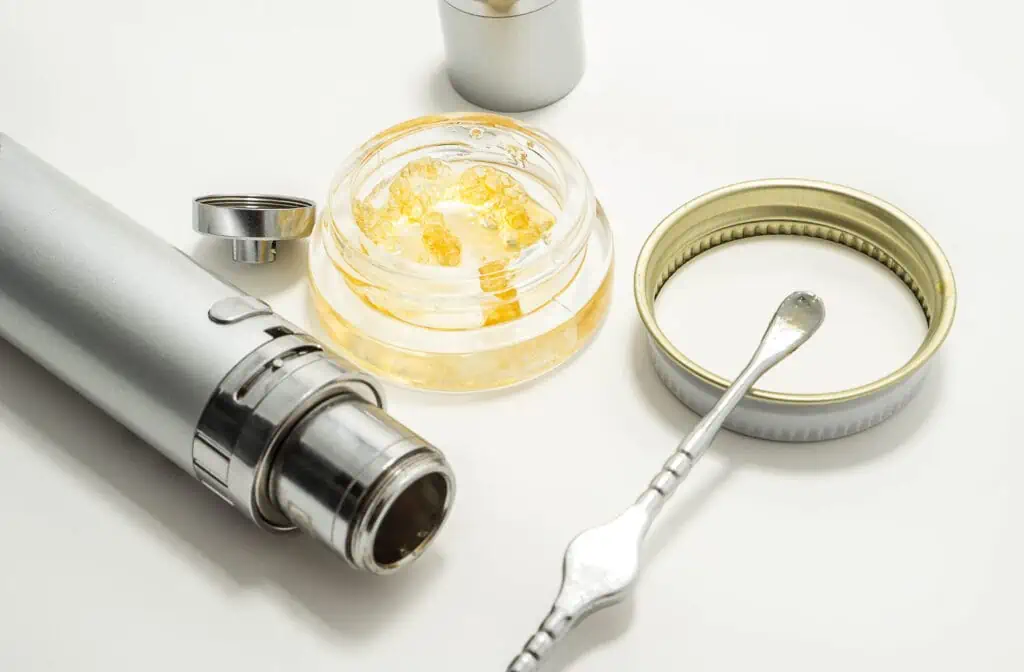
Harmful Additives
Studies have shown that vape oil additives such as propylene glycol (PG) and polyethylene glycol (PEG) are to blame for increased carcinogen levels in the body. These substances are commonly used to create a thinner oil consistency. A thinner oil is able to be heated by the vape pen heating source. While considered safe by the FDA, these additives can transform into carcinogens such as formaldehyde at high temperatures. Formaldehyde is used to preserve cadavers and can irritate the lung and skin.
If you can, go with cannabis oil and cartridges made with less harmful thinning agents such as vegetable glycerin or even MCT. Studies have found that vegetable glycerin does not pose a health risk and MCT produces considerably less carcinogen (acetaldehyde) levels when exposed to high heat than its PG and PEG counterparts.
Pesticides
Unsafe pesticide levels in your cannabis oil can cause a number of health problems. This is especially an issue with illegal vape products. Illegal dab products aren't regulated or required to test for harmful contaminants. Licensed sellers are required to release third-party test results for customers. Some testing shows that most, if not all, illegal cartridges contain myclobutanil, a fungicide that converts into hydrogen cyanide when burned.
Residual Solvents
Cannabis concentrates are usually made with a solvent such as butane, ethanol, and carbon dioxide. After the initial extraction process, processors perform a post-extraction refinement to off-gas most, if not all, of the residual solvent. Cutting corners during this process can leave behind residual solvents, which are untested for long-term use through inhalation.
For instance, excessive butane inhalation has been linked with organ failure and cardiac damage. Another study shows that ethanol inhalation can cause tolerance, dependence, and cravings. In addition, many of the cleaning solutions used to sanitize equipment can end up in your oil. Benzene, xylenes, and hexane can directly affect your bone health and nervous system, respectively.
If you truly want to avoid any risk of inhaling residual solvents, stick with solventless extracts. These include rosin and bubble hash. However, regulated dab products usually contain low amounts of these solvents that won't cause significant long term effects in such small doses. As always, buying from licensed retailers is your best bet.
Vape Temperatures
As you can see, vaping temperatures are one of the most important factors in the safety of dab pens. Heating your oil at relatively high temperatures may produce a stronger and faster-acting effect than a low-temperature dab. However, you will unintentionally be releasing carcinogens at the same time. Ideally, you want to stick with vaping temperatures around 330º F.
Vape Hardware
When it comes to dab pen or vape cartridge hardware, low-quality plastics and metals can degrade under high temperatures and end up in your lungs. In particular, illegal dab pens may use low-quality plastics that may contain BPA or similar molecules which can affect the endocrine hormone system. If you want to avoid the risk of inhaling these potentially harmful chemicals, stick with cartridges and dab pens from licensed retailers or refill your own dab pen made with high-quality glass.
Vaping vs. Smoking
Vaping and smoking cannabis both carry risks. Inhaling smoke of any kind is bad for your lung health, especially if you hold that smoke in like cannabis users are one to do. Inhaling smoke on a regular basis can lead to chronic bronchitis, excessive mucus production, weakened immune system, increased risk of lower respiratory tract infections, air pockets between lungs and lungs and chest wall, for starters.
Vaping, on the other hand, has been perceived as a healthier alternative to smoking cannabis. Unfortunately, we don't know as much as we should about the long-term negative health effects of vaping cannabis oil. Many of the concerns with dab pens are related to a lack of testing and low-quality ingredients and hardware. If you go with safe and vetted dab pens, you have a much lower risk of developing the same negative health effects as smoking.
The Safest Way to Consume Cannabis
If all of these considerations about dab pens gave you pause, you may be thinking about an alternative way to consume cannabis. For the ultra health-conscious cannabis consumer, there are multiple ways to enjoy the power of cannabinoids without inhalation. Plus, you can make all of these products from the comfort of your home.
Edibles
Edibles are any food or beverage that has been infused with cannabis oil. Some of the most common edibles are baked goods and candies.
Cannabis coffee, tea, beer, and sparkling water are also available. Cannabis Edibles take longer to take effect but produce longer-lasting effects compared to dab pens.
Cannabis tinctures can be infused in food or drinks or dropped under the tongue for faster absorption. If you're new to edibles, start off what is a small dose and wait for its effects to gauge if you need more next time.
Topicals
Topicals are another way to get the therapeutic effects of cannabis. There's no inhalation or ingestion. All you need to do is liberally apply the salve, cream, lotion, or balm to the affected area for localized relief.
Since the cannabinoids can't reach your bloodstream through the application on the skin, you won't experience any high.
Are Dab Pens Safe FAQ's
What is a dab pen?
A dab pen is a vaporizer for dabs, concentrated cannabis. These devices heat the concentrate to vapor, which the user inhales.
Are dab pens safe to use?
Quality of the device, purity of the concentrate, and vaping habits affect dab pen safety. Moderate use of lab-tested concentrates in high-quality devices reduces dangers. Its safety profile is less well-established than other consumption techniques, raising concerns, especially with prolonged use.
What are the potential health risks of using dab pens?
Dab pens can produce dangerous compounds during vaporization, especially if the concentrates contain impurities or the pen overheats. Concentrates with high potency can cause acute intoxication, tolerance, and dependency if overconsumed.
Can dab pens lead to lung damage?
Vaping, including dab pens, may damage the lungs. Vapers have suffered EVALI (e-cigarette or vaping product use-associated lung injury). Adding dangerous additives or pollutants increases risk.
Are dab pens safer than smoking?
Because they do not burn, dab pens are safer than smoking because they reduce tar and toxins. Vaping has hazards and health impacts, and the safety advantage has not been demonstrated.
How can I ensure my dab pen is safe?
Safer dab pens and concentrates come from trusted providers that test for purity and pollutants. Avoid altering or overheating electronics. Device maintenance and cleaning can prevent malfunctions and exposure to dangerous substances.
Are there any safe vaping practices for dab pen users?
If you're new with concentrate potency, start with minimal dosages and gradually increase as needed; this is safe vaping. Staying hydrated, not sharing mouthpieces, and listening to your body to avoid overconsumption are also important.
“
There are over 300,000 jobs in the cannabis industry. CTU trained me for one of them!

Makes $24.50 @ THC +
Is it legal to use dab pens?
Cannabis use and possession laws determine dab pen legality. Some states allow dab pens for medical or recreational cannabis usage. It's crucial to know your local laws because they vary.
Final Word on Dab Pen Safety
Dab pens offer a convenient, portable, and discreet way to consume cannabis and experience its fast-acting effects. Dab pens from licensed retailers are unlikely to cause significant health concerns in the long run.
Research is still unavailable for the effects of chronic and excessive long-term use of dab pens.
Overall, steering clear of illicit dab pen oils or cartridges is the most important part of staying safe when consuming dab pens.

Fred Hernandez
Fred Hernandez is a highly accomplished and versatile writer, boasting an extensive background in the cannabis industry. With an in-depth understanding of various sectors including cultivators, processors, retailers, and brands, Fred's expertise spans across the entire cannabis landscape. As a prominent contributor to CTU, he consistently delivers insightful articles exploring the latest developments, news, and regulations shaping the cannabis industry. Whether it's delving into the intricacies of cannabis products, cannabis strain reviews, or providing comprehensive analyses of cannabis laws, or sharing expert insights on cannabis cultivation techniques, Fred's wealth of knowledge positions him as an invaluable writer and educator for all cannabis-related subjects.


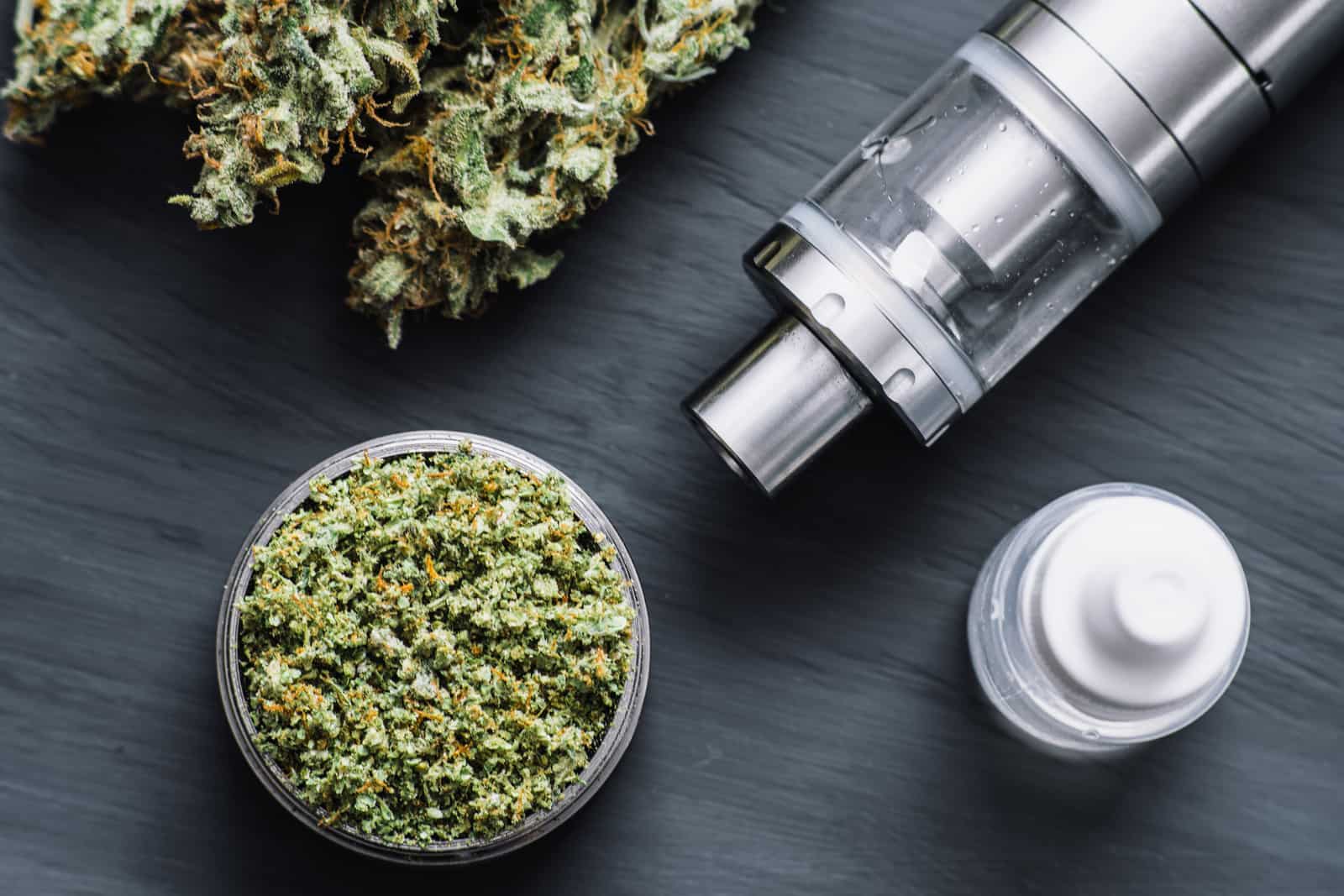



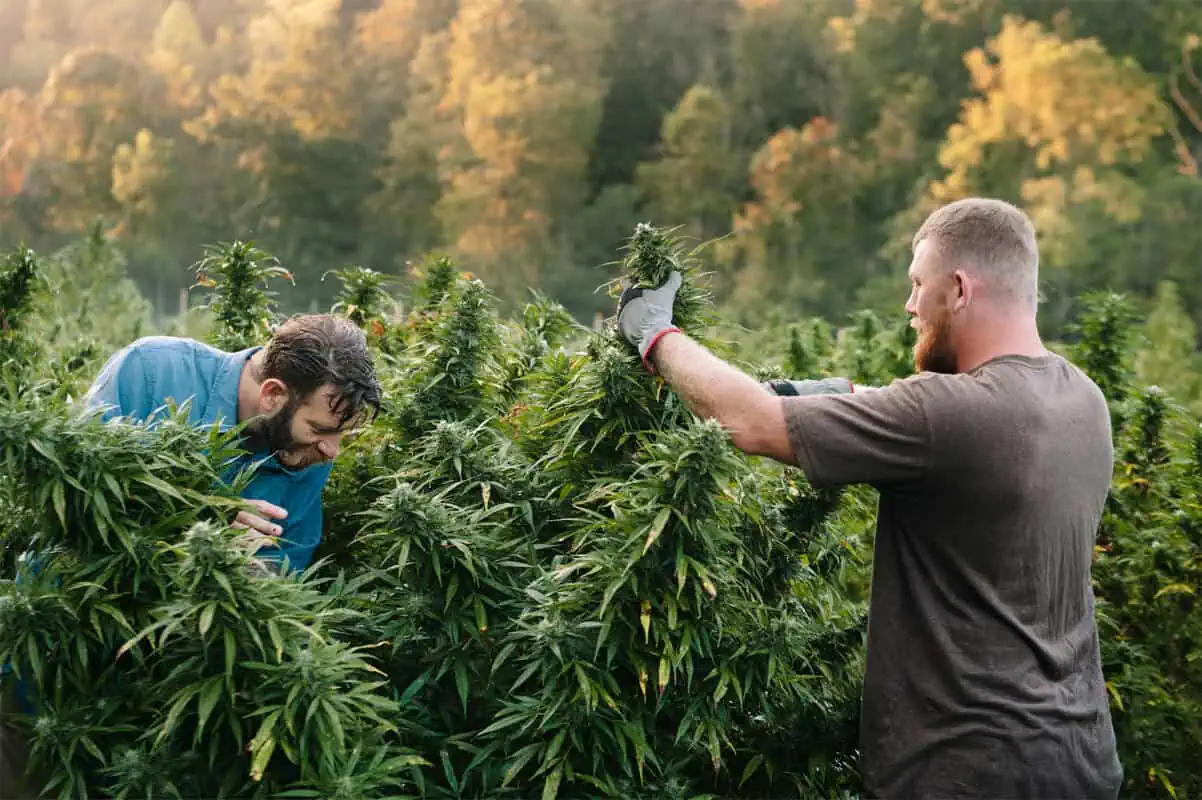
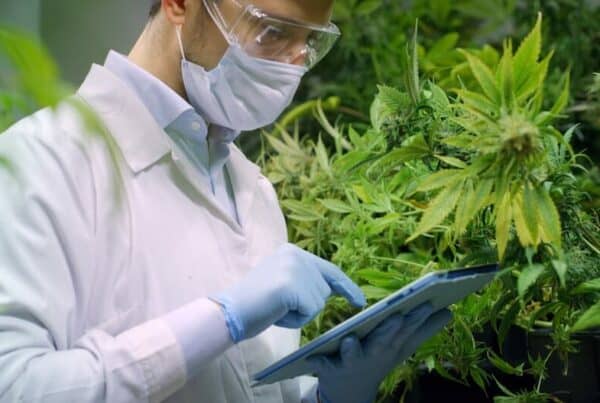
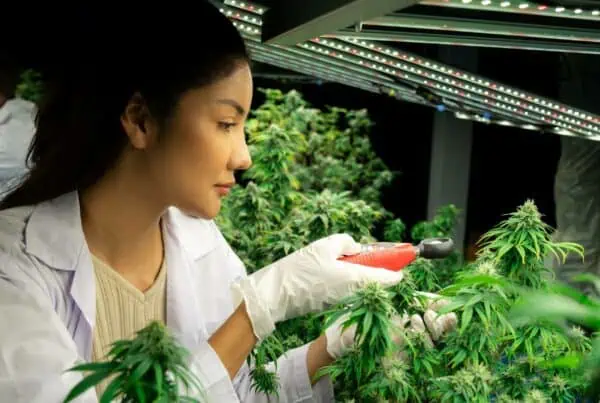
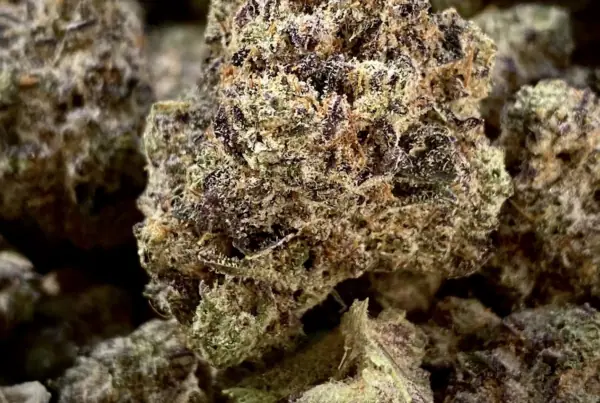
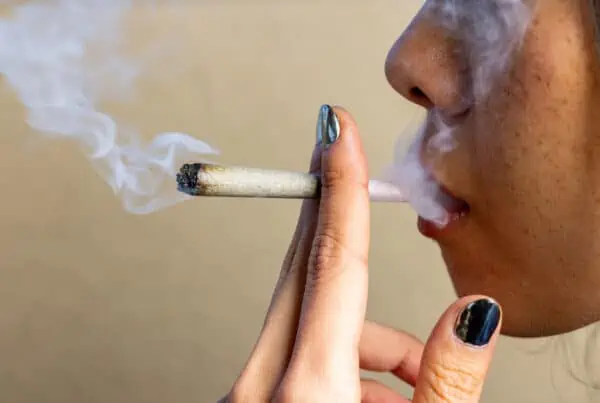

 Jeff was involved in an accident where he endured a traumatic brain injury. He had a week-long stay in ICU where brain surgeons
Jeff was involved in an accident where he endured a traumatic brain injury. He had a week-long stay in ICU where brain surgeons  100% risk free money back guarantee within 48 hours after purchase if student has not completed any of the courses or exams.
100% risk free money back guarantee within 48 hours after purchase if student has not completed any of the courses or exams.